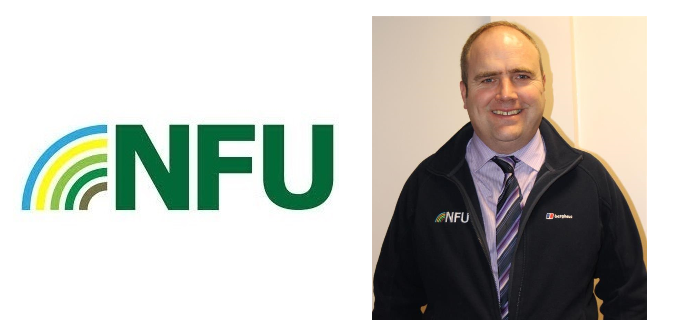By Gary Ford, chief poultry advisor, NFU
‘Net zero’ was a phrase that wouldn’t have had much significance a few years ago, but now it’s becoming a household name. Climate change has risen up both the public and political agenda, with figures such as 16-year-old Greta Thunberg taking centre stage.
Agriculture is going to be at the heart of this debate with how we can play our part in tackling climate change.
Earlier this year at the Oxford Farming Conference, NFU President Minette Batters laid down the gauntlet by setting out the NFU’s ambition for agriculture in England and Wales to be net zero by 2040. And just this month, the Committee on Climate Change has recommended that the UK set its target to net zero greenhouse gases by 2050.
Every sector will need to play its part and I know that the NFU National Poultry Board is putting its weight behind the ambition, as well as beginning to come up with ideas on how we get there.
We’re already one of the most efficient sectors of agriculture with world-leading animal welfare and environmental standards, as well as being one of the earliest adopters of technology to become more sustainable and data-driven.
Taking the next steps will still require new technologies and outside-the-box thinking from the poultry sector. The members of the NFU National Poultry Board have already suggested that early wins would include establishing the age of our buildings and how well insulated they are, as well as investment in LED lighting and technology with proven benefits to production.
In the medium-term, insect protein can play a part in revolutionising how we feed our poultry and reduce our reliance on imported soya.
British farmers have an important role to play in tackling climate change and our members are committed to this challenge, alongside their role producing high quality and sustainable food. As a poultry sector, we are absolutely in a good position to be part of the net-zero debate and play our part in this incredibly important drive to tackle climate change.


